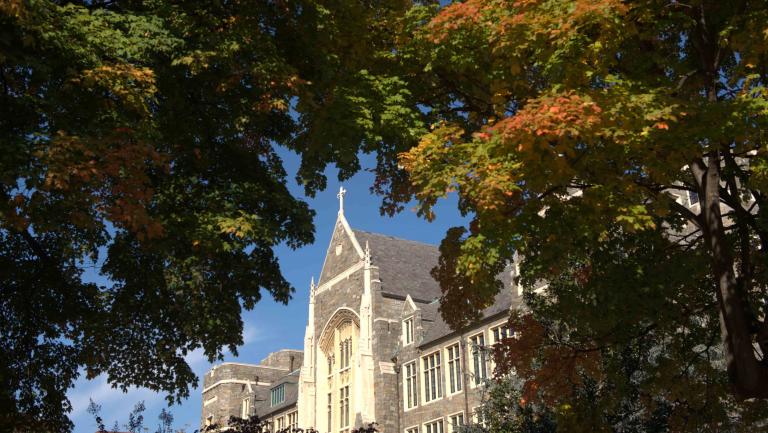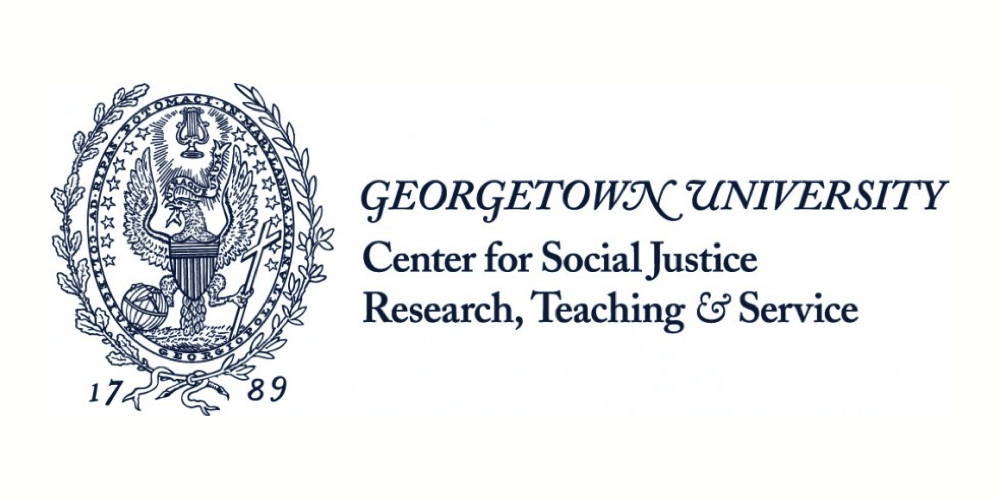About Us

View of White Gravenor Hall
The emerging interdisciplinary field of Peace Studies–known variously as “peace and conflict studies,” “conflict analysis and resolution,” or “peace and justice studies”—is concerned with practical, normative questions of how to realize peace and justice in the everyday world.
The ultimate goal of Peace Studies in the university context, however phrased, is to produce practically useful scholarship on how to create a more just and peaceful world. Such scholarship requires empirical accounts of the causes of war and violence, practical understandings of how to prevent and ameliorate harmful social conditions, and theoretical reflections on the definition of justice. Each of these investigations can take place at all levels of social organization, from the individual to the family, from the small group to the nation, or at the level of the international community.
Our subject matter asks many basic questions. What is peace? What is conflict? How can one be encouraged and the other avoided? Students are exposed to a rich and contentious literature on the nature of peace and justice, which informs discussions in many other traditions as well. Questions of central interest to the field concern the material and psychological determinants of aggression, the role of families and other institutions in producing aggressive or peaceful societies, the origins of social inequality, techniques of representing others, and the role of such representations in the building of communities. We also ask questions about the role of religious identity in forming the social conscience, when wars are just or unjust, the causes of war, the legitimacy or efficacy of international norms of conduct, and the effectiveness of various techniques of resolving conflict in different settings.
Obviously, such questions draw on a wide range of existing disciplines, including Psychology, Philosophy, Theology, History, Political Science, Sociology, Anthropology, Literature, and Linguistics. Equally essential is that the field requires an active collaboration and dialogue between all these elements. The goal is not just to combine existing scholarship but to form a useful synthesis of such material to improve the world around us.
Peace Studies, in its various incarnations, has shown enormous growth in the last 20 years. The first undergraduate program in Peace Studies was formed over 50 years ago at Manchester College. There are now over 300 colleges around the world with programs. The field is represented by a few major professional organizations, including the Peace and Justice Studies Association (PJSA). There are numerous scholarly journals devoted specifically to the field of Peace Studies, and several publishers produce ongoing book series.
The Center for Social Justice Research, Teaching, & Service
The Justice and Peace Studies Program is affiliated with the Center for Social Justice Research, Teaching, & Service (CSJ). Students are encouraged to visit the CSJ website to discover service opportunities.
